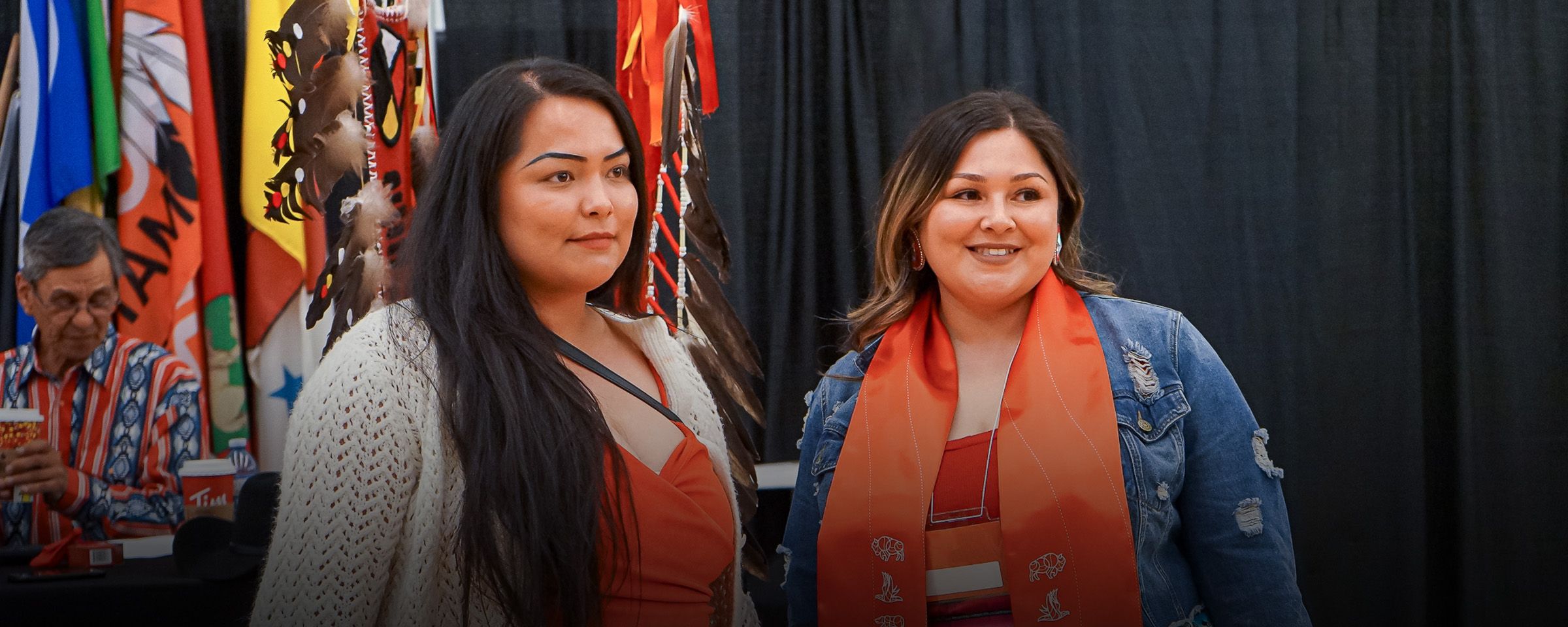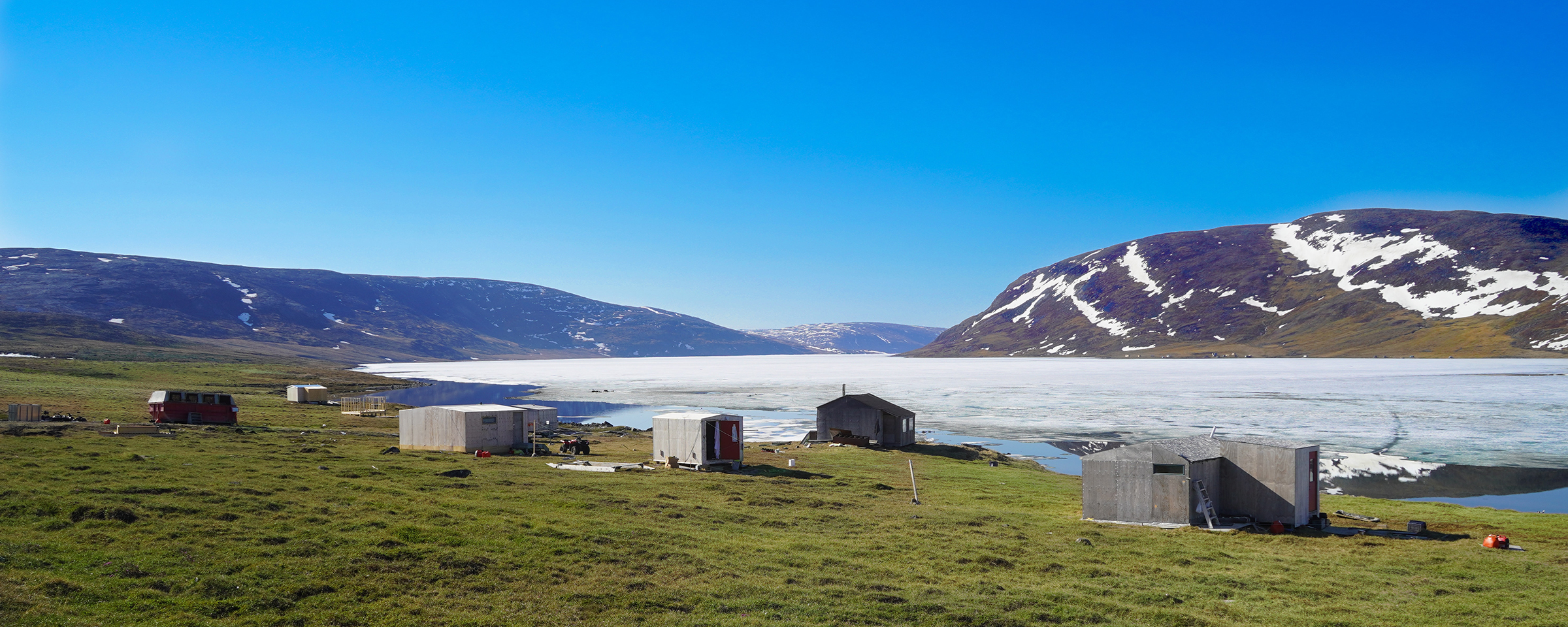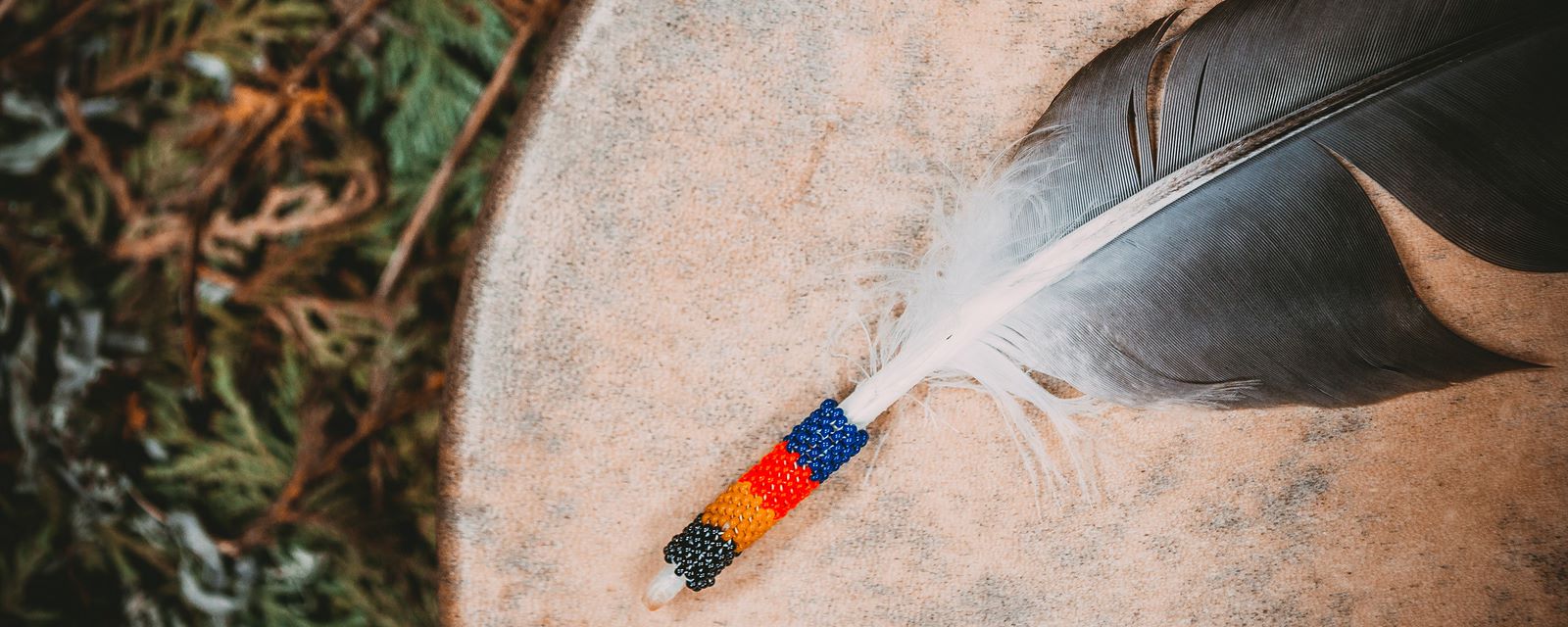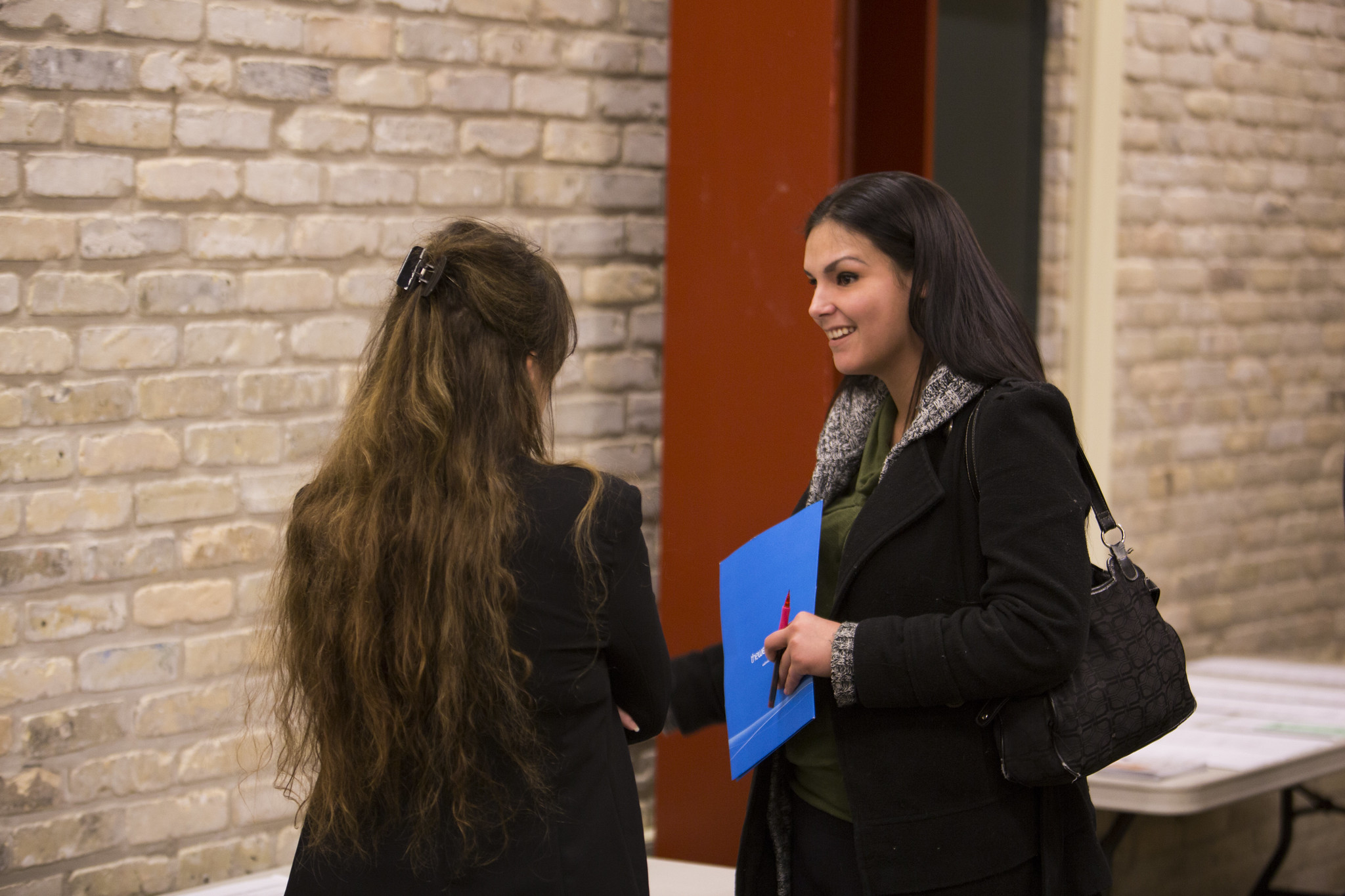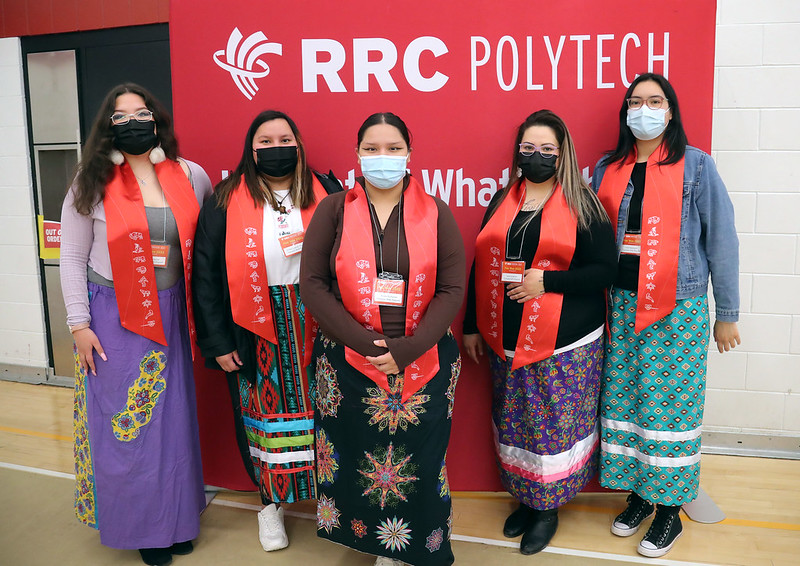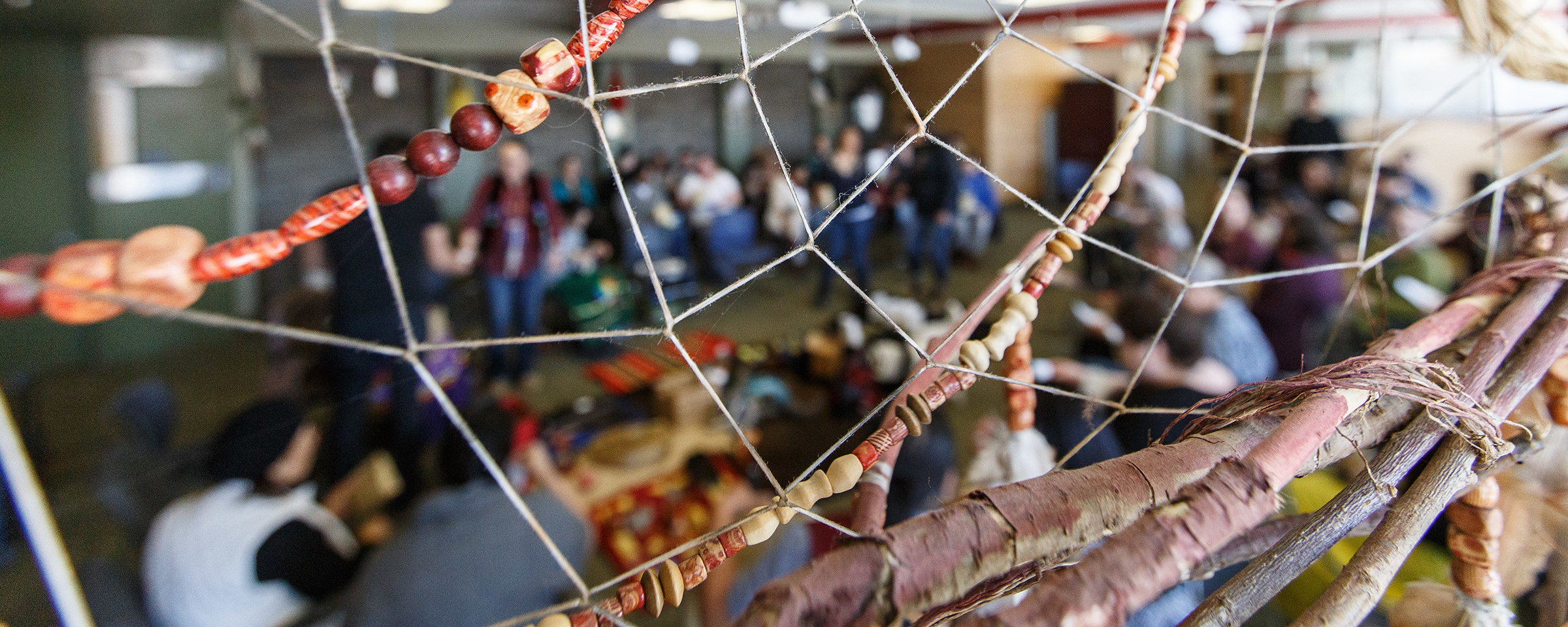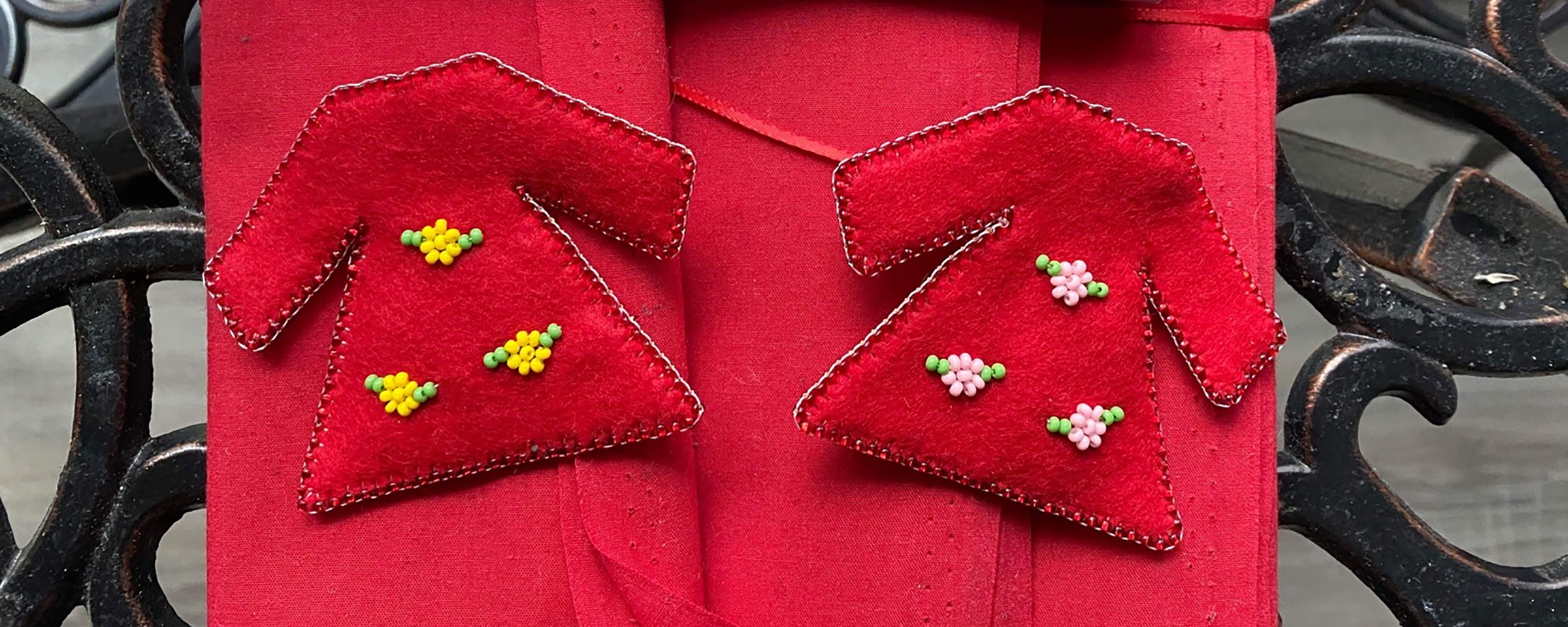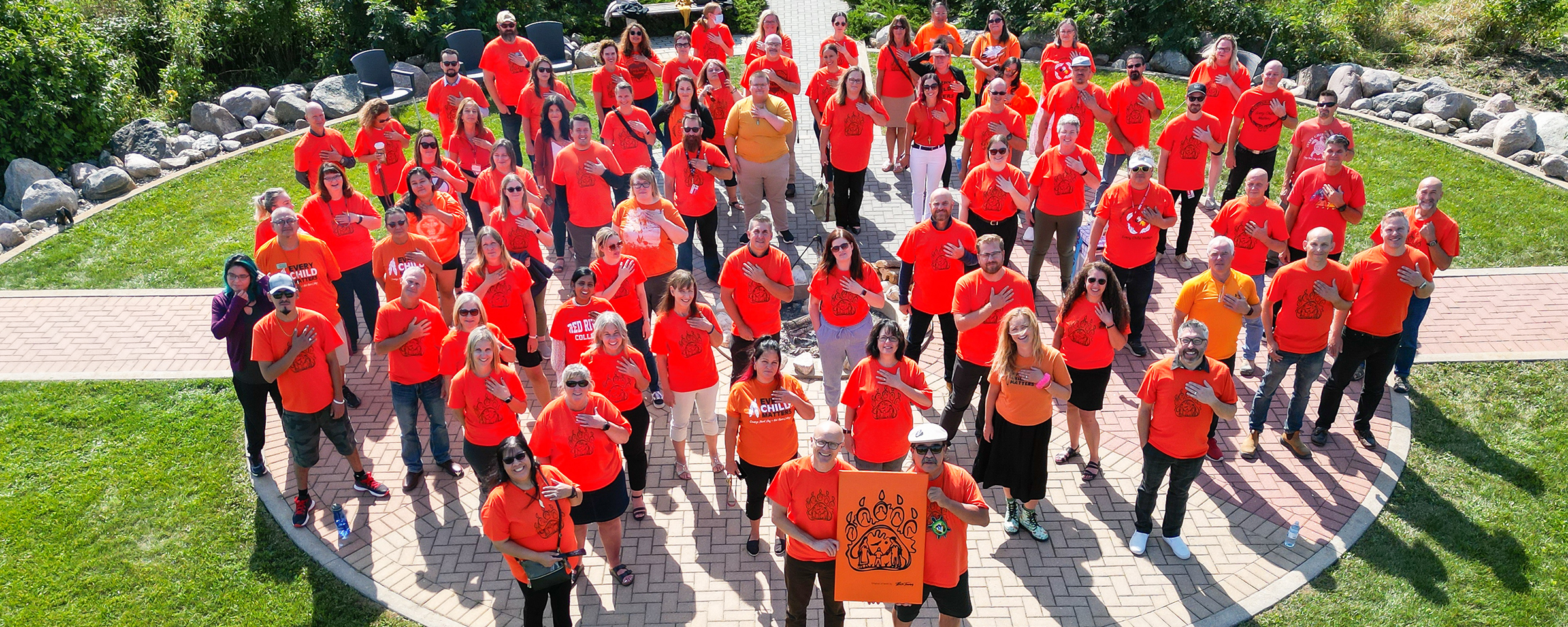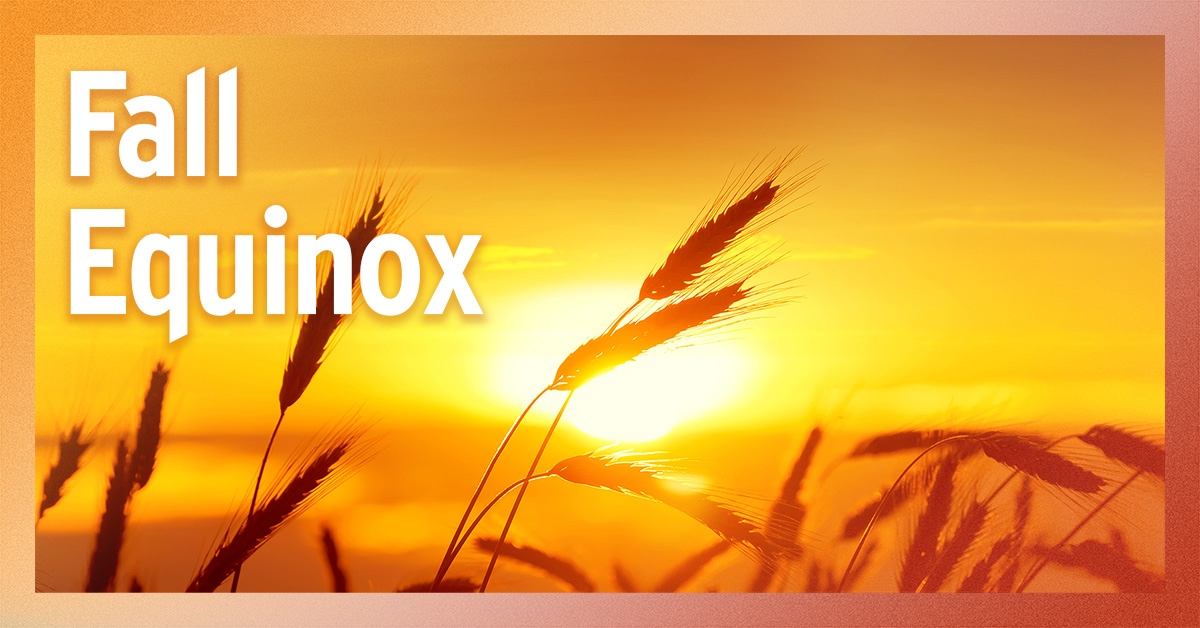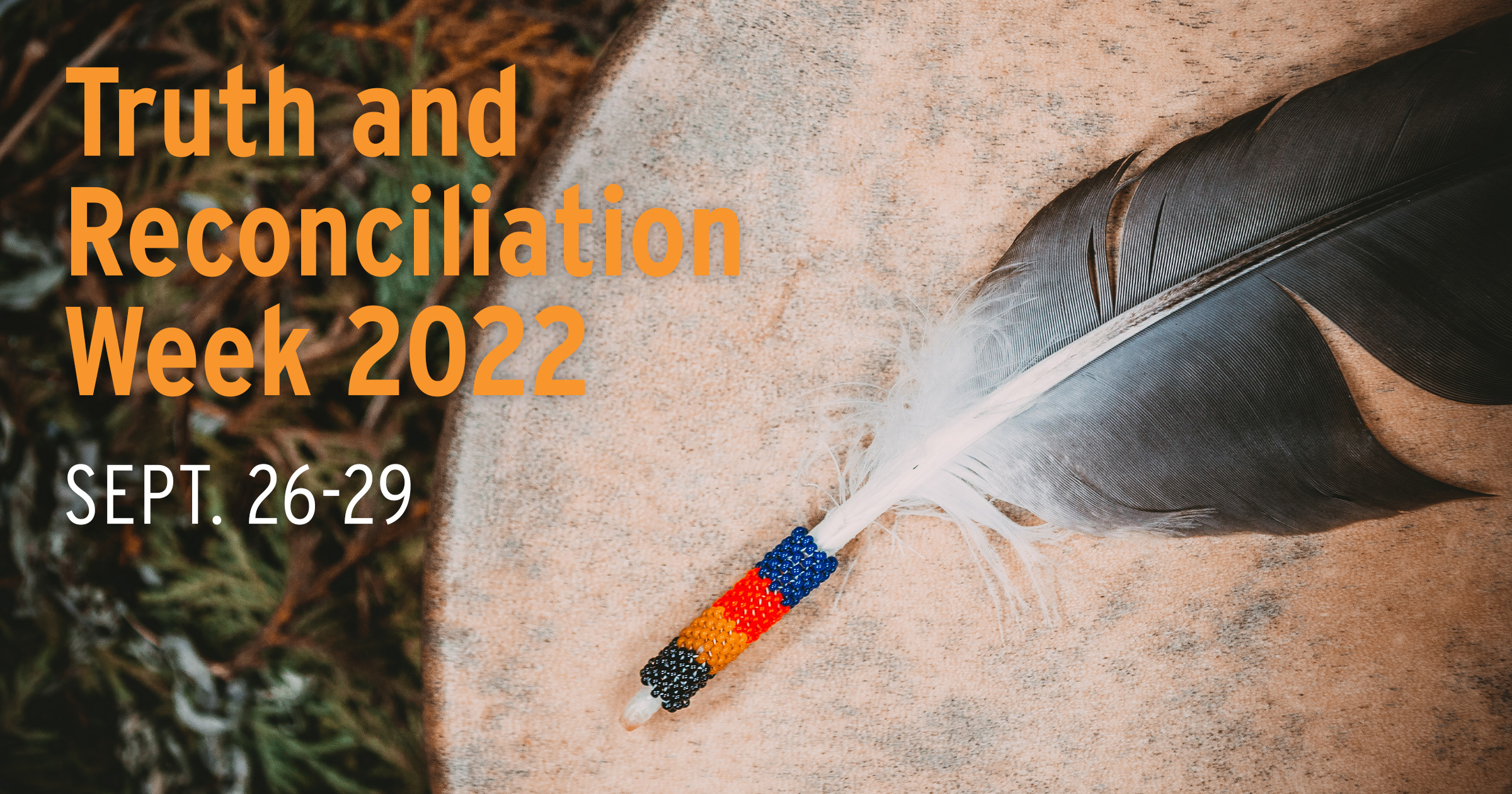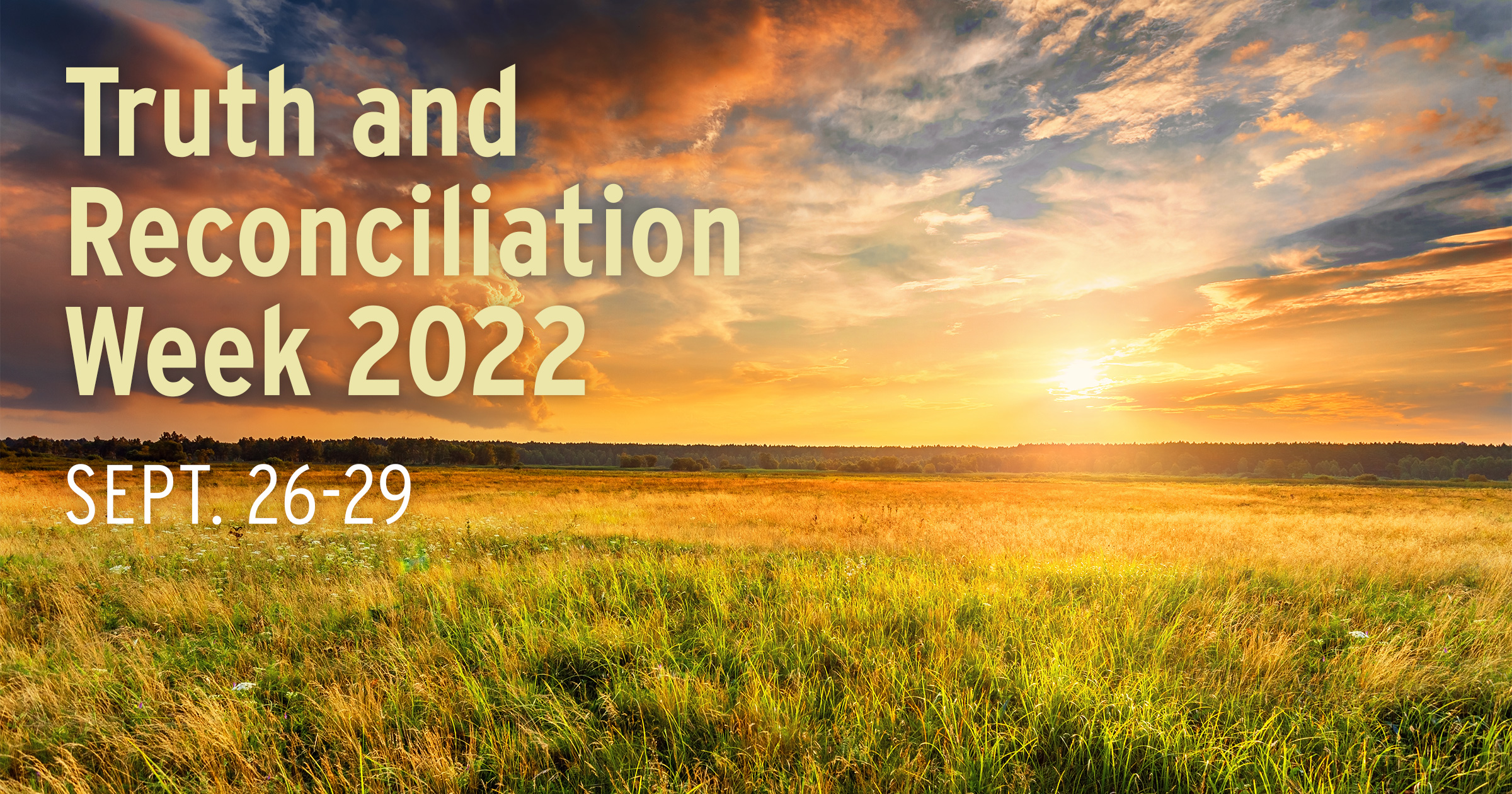Moose Hide Campaign Day – May 16
This year, people from all walks of life are invited to participate in the Moose Hide Campaign Day on May 16, in-person in Victoria, B.C. or virtually from anywhere. The Moose Hide Campaign has scheduled a sunrise ceremony livestream, a general plenary livestream, multiple live virtual workshops, a livestream of the Walk to End Violence Against Women and Children in Victoria, B.C., and a fast-breaking ceremony livestream. Participants can register here.
MediaEdge Publishing is hosting a walk to end gender-based violence as part of the Moose Hide Campaign today to join in solidarity with similar walks organized all over the country. The walk in Winnipeg will start at the Human Rights Museum at 12pm and end at Louis Riel’s gravesite in St. Boniface.
Staff and students can pick up moose hide pins from either Indigenous Support Centre (F209 at NDC and P407 at EDC) to wear to show support of the campaign and as symbol of their promise to not perpetuate violence against women and children.
